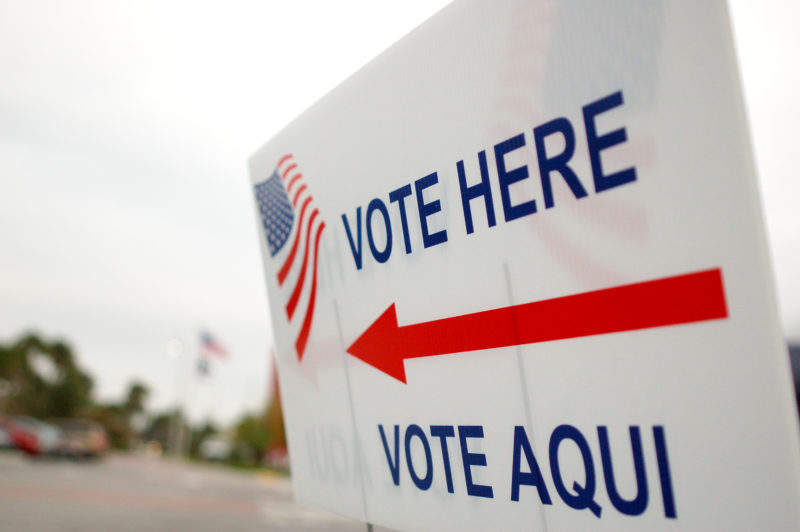
The US Midterm Elections saw a series of mining reforms defeated at the polls, and success for Republican candidates in two of the most significant elections for the mining industry, in West Virginia and Arizona.
In West Virginia, Carol Miller defeated Democrat Richard Ojeda in the race for the state’s third Congressional District with 56.4% of the vote, a winning margin of close to 23,000 votes. Miller’s campaign focused on issues at the national scale – her website emphasises “defending the Second Amendment” – and was funded by executives from the coal industry, including the Coal PAC, Contura Energy PAC, and the super PAC America First Action.
Ojeda, meanwhile, raised $1.4m for his campaign without PAC funding, and pledged to increase pay for coal workers and fund infrastructure projects in the Congressional District, where 23.3% of people live below the poverty line. In 2017, the US Census Bureau reported the national poverty rate to be 12.3% of the total US population.
The populist Democrat’s concession speech was a fiery defence of workers, and a scathing attack on President Trump, who he considered to be ignoring workers’ rights.
“To the president of the United States, I did not lose this race because of Carol Miller,” he said on Wednesday. “Because of you, the people in southern West Virginia will have another voiceless representative that supports legislation that hurts our working-class citizens.”
Meanwhile, Arizona voted to re-elect Republican Joe Hart to the position of State Mine Inspector, defeating Democrat William Pierce with 53.3% of the vote. The race was the only one of its kind in the election and Hart secured re-election following 12 years in the role, during which his administration has closed down 1,561 abandoned mines.

US Tariffs are shifting - will you react or anticipate?
Don’t let policy changes catch you off guard. Stay proactive with real-time data and expert analysis.
By GlobalDataPierce, meanwhile, had certifications from the Mine Safety and Health Administration, the Occupational Safety and Health Administration, and the Nuclear Regulatory Commission, and ran on a platform of promises to regular potentially dangerous uranium mining in the state.
A moratorium on uranium operations around the Grand Canyon has been in place since 2012, but the US Geological Survey estimates that 205 million pounds of uranium are buried in the area. This has led opportunistic companies to make more than 800 claims to mine around the Grand Canyon, as Hart’s Republican Party, backed by the Trump administration, pushes to remove the ban.
Montana and Alaska voters also voted against tightening legislation covering the award of mining permits. In Montana, proposal I-186 aimed to require the state’s department of environmental quality to deny permits to new hard rock mines if their land rehabilitation proposal does not do enough to prevent water pollution. The bill was defeated, with just 43.75% of the vote, after 96% of the state’s precincts announced their results.
Similarly, Alaskans voted against Ballot Measure 1, which would have designated permits as ‘major’ or ‘minor’, based on how significantly their operations are expected to damage bodies of water that are home to salmon populations. Mining operations would have required major permits, which would have been awarded infrequently in an attempt to protect local bodies of water. However, the measure was defeated, with 63.7% of voters rejecting the bill, with 88% of the state’s results declared.
These results are all in keeping with President Trump’s ‘America First’ policy of deregulating industries such as mining to maximise economic growth. However, the results also represent the defeat of a number of measures that could have ensured mine safety in the US.
Mining Technology’s Mining Safety content is supported by USA mining safety specialists Carroll Technologies Group.



